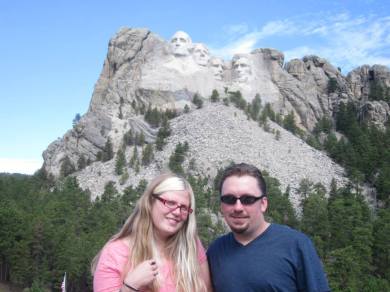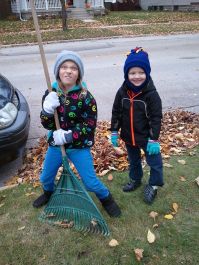It occurred to me today that if Rob doesn’t make it past May 1st and enacts the most unthinkable of the “or else” plans, his kids might blame me — not in any kind of rational way, and maybe not consciously, or at least not in a way that they can articulate, but still. They seem to have this weird idea that it’s within my power to keep him alive. I have tried to subtly set them straight on that, but it doesn’t seem to be working.
The youngest one has told me more than once to take care of his dad (and has said and done some other strange stuff in that vein). The middle one is a little more direct. For instance, Rob was threatening to burn the house down the other day if the kids didn’t clean their rooms, and he was threatening to stay inside the house as it burned. (This was less weird that it seems out of context; unfortunately, I can’t remember the context.) The middle child said, “We’ll call Signe and she can save you!” Sorry, kiddo, but no. If your dad is that damn determined , there’s nothing I can do about it. Sure, the conversation was pretty outlandish, but the fact that this particular response came very naturally to her is startling.
The oldest one is the only realist in the bunch…or maybe she’s just never said anything alarming in front of me. I hope it’s the former.
I love these kids, and I’m not just saying that the way people say things like “I love ice cream.” No. I genuinely care about these kids. Obviously, I want for them to have a father. Their father is an amazing human being, and an amazing dad. They need him. If they lose him, it’s going to be devastating for them and I don’t want to be seen as having anything to do with it. That would be really, really shitty icing on an already craptastic cake. Losing him and them? That would be pretty fucking awful.

